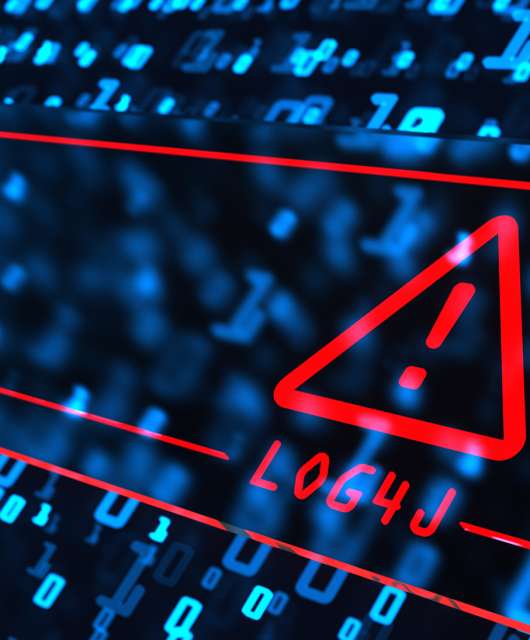The UK election finally takes place on December 12th and each of the parties has been busily campaigning to secure as many votes as possible. Along the way, many announcements and pledges have been made, as politicians outline their vision of a future under a government they lead.
The Labour, Conservatives and Liberal Democrat parties have all declared headline policies about the economy, defence, the NHS and Brexit. But the Labour Party has announced another intriguing policy – free ultrafast fibre broadband for every house in the country.
A big promise
The UK already has a broadband strategy, with the previous government assigning £5bn to increasing the use of fibre broadband across the country. Should they win on Thursday, the Labour Party have pledged to increase funding to £20bn.
According to Labour, the current funding levels are not enough to install fibre cables to remote communities. They are concerned that some homes will remain disconnected, unable to take full advantage of online services.
Why does it matter?
The decision to invest in full fibre connectivity for the UK makes sense. The vast majority of British homes still rely on copper phone lines for internet access. This means that some homes are unable to enjoy fast broadband, with connection speeds of just 2Mbps in some areas.
Openreach, the company responsible for UK telecoms infrastructure – including the physical cables – has been steadily upgrading some sections of the network. Indeed, many areas now have fibre optic cable installed to key connection points. Fibre connections to individual houses, as proposed by Labour, remain relatively rare.
Currently ultrafast broadband running over copper cables reaches a maximum theoretical speed of 78Mbps. By upgrading to fibre optic connections, that speed increases to 1000Mbps – a significant gain in performance.
All of the main political parties are agreed that in order to remain competitive in an increasingly connected, globalised economy, people need faster broadband. Many businesses now operate without fixed offices, employing teams of freelancers who work remotely from home. But without ultrafast broadband, people will be unable to realise these opportunities.
Anything else?
According to Labour, the additional funding will come from new taxes levied on global internet giants like Google, Microsoft, Facebook and Apple. Currently these companies pay very little tax in the UK despite making enormous profits from the population – Labour hope to change that situation.
There is a risk to this strategy however. Notoriously averse to paying tax, these companies may withdraw services, or introduce new charges that only apply to UK users. It may be that ‘free’ fibre broadband actually ends up costing a lot more as UK residents face higher prices for goods and services.
Now attention shifts to the ballot box – if Jeremy Corbyn’s Labour does win on Thursday 12th, the UK may finally get a much-needed internet infrastructure upgrade.








